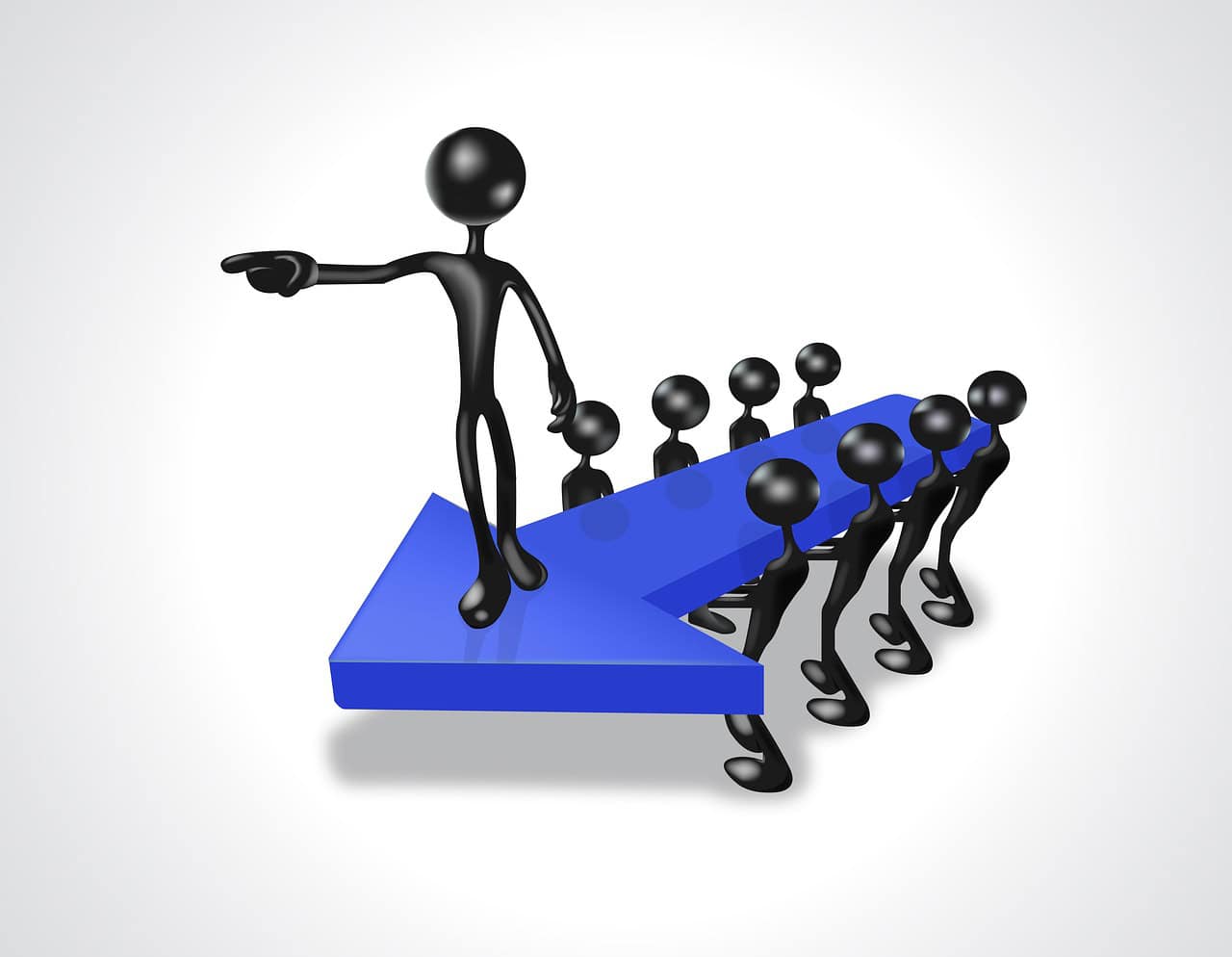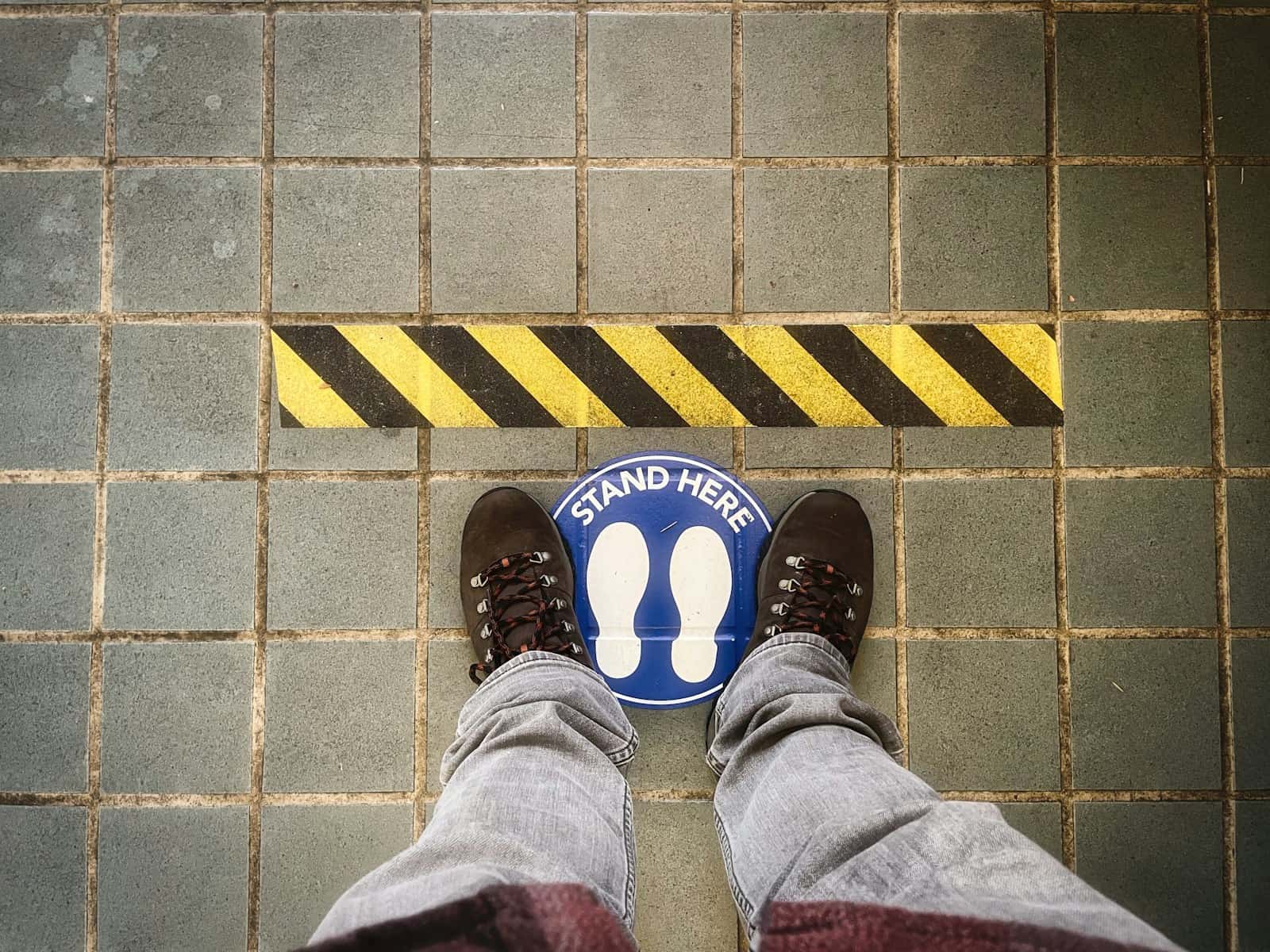Critical thinking reflection is one of the most effective strategies for continuous improvement. I’ve witnessed it turn inefficient production lines around to become highly productive lines. This is essentially the process of applying analytical thinking to self-awareness to improve your ability to make decisions and solve problems. In this section, you’ll learn how to use this process to improve your performance and achieve success in any area of your life.
Analyzing Metacognitive Processes

Critical thinking reflection is one of the most powerful strategies for personal and professional growth. It’s the process of analyzing your thoughts, actions, and experiences to gain deeper insights and improve your decision making. This practice combines critical thinking – the objective analysis and evaluation of information – with reflection – the careful consideration of past events and their implications.
At its core, critical reflection incorporates:
- Self awareness
- Open mindedness
- Analytical thinking
- Metacognition
- Evaluating assumptions
Whereas critical thinking is purely logical analysis, critical reflection adds a more personal touch. It prompts you to evaluate your own biases, emotions, and thought process. By doing this, you’ll gain a more accurate understanding of the situation and your role in it.
Metacognition, which is thinking about your own thinking, is another key component of critical reflection and other reflective practices. This skill allows you to step back from your immediate thoughts and take an objective look at them. When you do this, you’ll identify patterns in your thinking, recognize biases, and make more deliberate decisions.
I’ve personally seen the impact of critical thinking reflection on careers and lives. For example, as a production line worker, I used these skills to identify inefficiencies in our processes and suggest improvements. These changes not only optimized our processes, but also advanced my career more quickly.
Benefits of Critical Thinking Reflection

Critical thinking reflection has many benefits that will make a meaningful difference in your life both personally and professionally. If you do this, you’ll become a better problem solver, and you’ll notice yourself thinking through problems in a different way and identifying solutions you previously wouldn’t have thought of.
You’ll also make better decisions. As you reflect on decisions you’ve made in the past and the corresponding outcomes, you’ll develop a more sophisticated understanding of cause and effect. With this knowledge, you can make better decisions in the future.
Another benefit is increased self awareness. Through reflection, you’ll gain a better understanding of your strengths, weaknesses, values, and what motivates you. This self awareness is invaluable for personal growth and career development.
In academic and professional settings, you’ll perform better at anything requiring deep analysis, synthesizing information, and well crafted arguments. Even if you don’t consider yourself a “writer,” your ability to communicate clearly and persuade others is a skill that’s valuable in any field.
Finally, this is also a great way to develop your emotional intelligence. As you reflect on your emotions and the emotions of others, you’ll become a more empathetic person and a more effective leader. In a professional context, this will help you build better relationships and lead more effectively.
Throughout my career in consulting, I’ve noticed that the people who are the best problem solvers and leaders within an organization are often the people who frequently dedicate time to think deeply.
Methods to Enhance Analytical Reasoning Skills

Improving your critical reflection thinking skills is like developing any other skill – it requires regular practice. Here are some of the best techniques you can use to practice critical reflection:
Journaling and reflective writing are excellent tools for critical reflection because they allow you to:
- Document your thoughts and experiences
- Evaluate your decision making
- Identify behavior patterns
- Set goals for your own professional and personal development
Mind maps and other visual reflection techniques connect ideas and show you how different aspects of a situation relate to each other. This is a great technique for visual learners.
Socratic questioning asks a series of questions to drill down deeply into an issue. This process helps you dispel assumptions and practice deep critical thinking.
Gibbs’ Reflective Cycle offers a systematic approach to reflection. It walks you through six steps: description, feelings, evaluation, analysis, conclusion, and action plan.
Group discussion and group reflection with peers provide new perspectives on your experiences. Often, discussing your thoughts with others will reveal insights that you wouldn’t have come to by yourself.
I also use these techniques in my lean management consulting business, where they’re particularly effective to use while working through real business challenges. For example, I might use mind maps to visualize a manufacturing process and then apply Socratic questioning to uncover process improvement opportunities.
Reflective Questions and Prompts

Asking the right questions is key to effective critical thinking reflection. Here are some categories of reflective questions:
Self-assessment questions:
- What are my strengths and weaknesses in this situation?
- How do my personal biases impact how I see it?
- What assumptions am I making?
Situation analysis prompts:
- What specifically occurred?
- Why did it happen?
- What were the results?
Future-oriented reflection questions:
- When will I use this lesson in the future?
- What would I do differently if the situation happened again?
- What can I do to get better at this?
Emotional and cognitive reflection prompts:
- How did this experience make me feel?
- Why did I behave that way?
- How did your feelings determine your actions?
Action-planning questions:
- What will I do now that I’ve had this insight?
- How will I know that it has worked?
- Who can help me make the changes I need to make?
These are just a few examples of reflective questions. Feel free to modify and expand this list to fit your own unique situations and goals. I’ve found that some of the most valuable insights in my own reflections have come from questions I didn’t expect. So, don’t be afraid to dig into your reflections from a different angle.
Applying Critical Thinking Reflection in Various Contexts

Critical thinking reflection isn’t confined to a single domain. It has a wide range of applications. In academic contexts, it will make you a better learner and researcher. You can use it to better understand a challenging subject, more effectively critique an argument, and generate original ideas.
In professional settings, critical thinking reflection will make you a more effective worker. It will help you understand processes, solve problems more effectively, and make more strategic decisions. I’ve seen entire teams significantly increase their productivity by implementing structured reflection.
In your personal life, it will help you make better life decisions. By reflecting on your values, goals, and past decisions, you can ensure that your daily actions align with the future you want. It’s a powerful tool for personal development and self improvement.
It’s also beneficial in social settings. It will make you a more empathetic person and a more effective communicator. As long as you don’t just reflect for the sake of reflecting, you can use these insights to improve every aspect of your life.
Common Barriers to Effective Critical Thinking Reflection

While it’s great to think more critically, critical thinking reflection isn’t always easy. There are a few common critical thinking barriers that can prevent it from being as effective as you’d like. Cognitive biases are one of the biggest issues with critical reflection. These are unconscious mental shortcuts our brains take to help us think faster, but they can also lead to inaccurate conclusions. The first step to overcoming this barrier is simply learning to recognize your cognitive biases.
Time is another major barrier to critical thinking reflection in today’s fast-paced world. Fortunately, you can fit short reflection periods into your daily schedule. Even just five minutes of intentional reflection can be helpful.
Many people also avoid deep reflection because they fear being too hard on themselves. They don’t want to look deeply at their flaws or mistakes. However, if you reframe reflection as an opportunity for growth rather than self-criticism, you can overcome this barrier.
Reflective practice without any structure in mind can easily become unproductive or feel like a waste of time. You don’t have this problem when you use a structured technique to guide your reflective practice.
I’ve seen these barriers to critical reflection pop up over and over again in my consulting work. The trick is to simply be aware of them and then develop a strategy to work around them. With enough practice, you’ll find that each of these barriers becomes easier to handle.
Cultivating Analytical Reasoning Skills

Establishing a habit of reflecting on critical thinking requires consistency and effort. Therefore, establishing a reflective ritual is essential. Schedule time to reflect either daily, weekly, or after particular events.
Allocate time for reflection. It doesn’t have to be a lot of time- even just 10-15 minutes daily can be effective if you do it consistently. Some people find it helpful to reflect at the same time each day, such as in the morning or before bed.
Technology can help you with your reflective practice. There are plenty of journaling and reflection apps with built-in prompts, progress tracking, and other features to help you turn it into a consistent practice.
You may also integrate reflection into other daily activities. For example, you can reflect during your commute, while exercising, or during your lunch break. The key is to make it feel like a natural part of your daily routine.
Discuss your reflections with trusted colleagues, friends, or mentors to receive feedback and an external perspective. They may provide more insight and push back on your assumptions.
As you establish this habit, you may find that it becomes easier and more enjoyable over time. Personally, making reflection a daily habit has been a game changer in my own career.
Measuring Progress in Critical Thinking Reflection

Tracking your progress in critical thinking reflection is essential to stay motivated and identify areas for improvement. Self-assessment tools and rubrics will help you evaluate your reflection skills more objectively. Many educational institutions and professional organizations offer self-assessment tools.
Monitor changes in your decision making. Are you considering more perspectives before making decisions? Are you more conscious of your biases? These are all indicators that you’re making progress.
Notice enhancements to your problem-solving process. You might find that you’re generating more creative solutions or reaching resolutions more quickly.
Collect feedback from peers and mentors so they can offer external confirmation of progress. They may observe changes in your behavior or thought process that you haven’t noticed.
Keep in mind progress with critical thinking reflection isn’t always a straight line. You’ll experience breakthroughs and then hit plateaus. The key is to stick with the practice and keep improving.
In my experience, both as a practitioner and consultant, consistently practicing critical thinking reflection produces significant long-term improvements in decision making, problem solving, and overall personal and professional effectiveness. It’s also worth noting that critical thinking creativity can be significantly enhanced through regular reflective practices, leading to more innovative solutions in both personal and professional contexts.
A Few Last Words
Critical thinking reflection is one of the most valuable things you can do for personal and professional growth. I’ve witnessed the power of critical thinking reflection in manufacturing and other industries. It improves critical thinking skills, decision-making, and self-awareness. If you apply various reflective practices consistently, you’ll discover higher performance and deeper insights. Just keep in mind that it’s a practice. Enjoy the continuous improvement journey through critical reflection.






